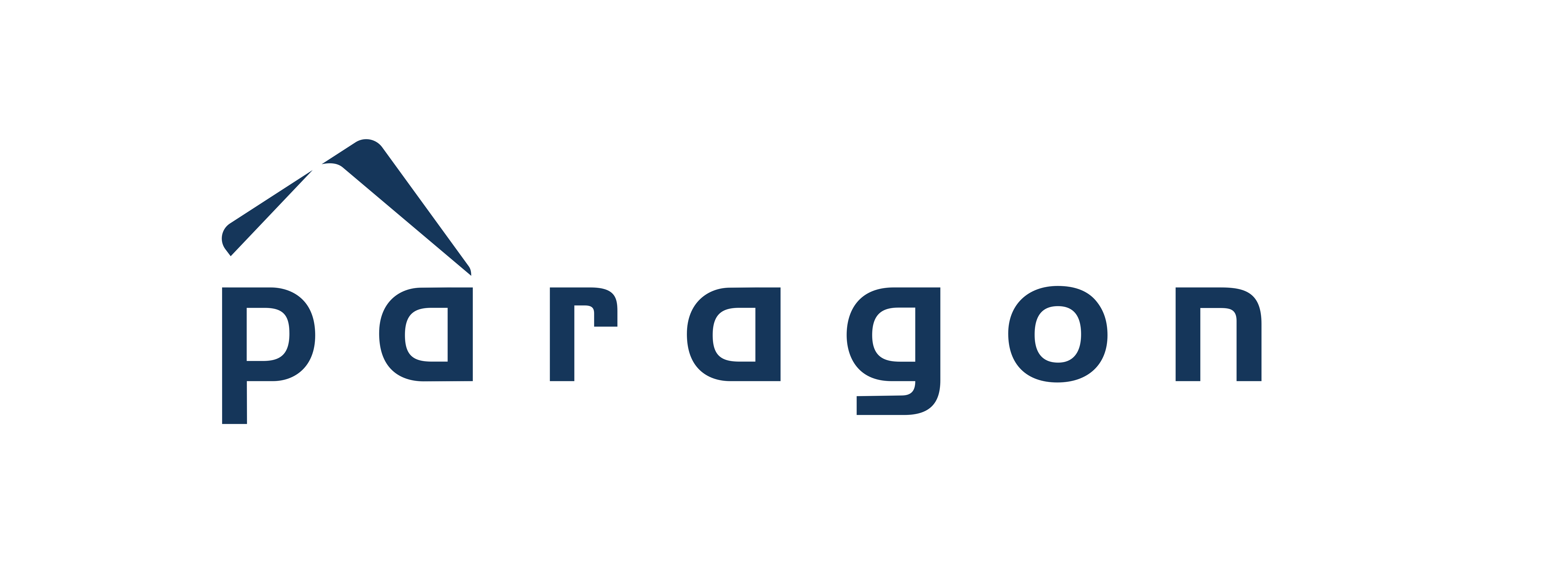
Western Australia is the second most affordable place in the country for housing and rentals, according to the Real Estate Institute of Australia’s (REIA) latest Housing Affordability Report.
The report determines affordability based on what proportion of the median weekly family income is required to service loan repayments and pay rent in the respective state or territory.
WA is the most affordable state to buy in
WA has retained its title as the most affordable state in the country, with only the Northern Territory more affordable to buy in.
The Housing Affordability Report found that during the March 2022 quarter, the proportion of family income required to service home loan repayments in WA was 26.6 per cent.
To put WA’s affordability into perspective, the proportion of family income required to service home loan repayments in New South Wales was 46.5 per cent during the March 2022 figure.
Despite WA being the most affordable state in the country, housing affordability did decline during the March 2022 quarter, with the proportion of family income required to meet home loan repayments 0.5 per cent higher than it was during the December 2022 quarter.
First home buyers taking advantage of WA market
First home buyers remain a large part of WA’s owner-occupier market, with the report finding that first home buyers accounted for 38.5 per cent of the state’s owner-occupier market. This is the largest proportion of any state or territory in the country.
WA is now the second most affordable place in the country to rent
WA is now the second most affordable place in the country to rent in, with the proportion of family income required to make rent payments in WA rising 0.6 per cent to 20.4 per cent during the March 2022 quarter.
Victoria is now slightly more affordable than WA at 20.0 per cent, however, WA remains significantly more affordable than the likes of Tasmania and NSW, where the proportion of income used sat at 30.8 per cent and 26.9 per cent respectively.




